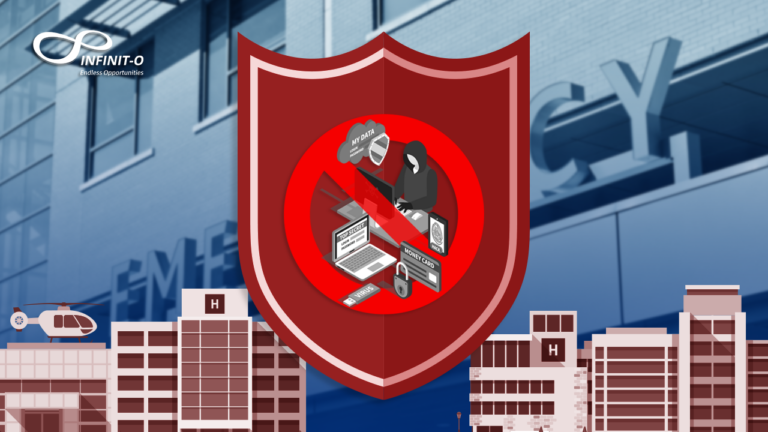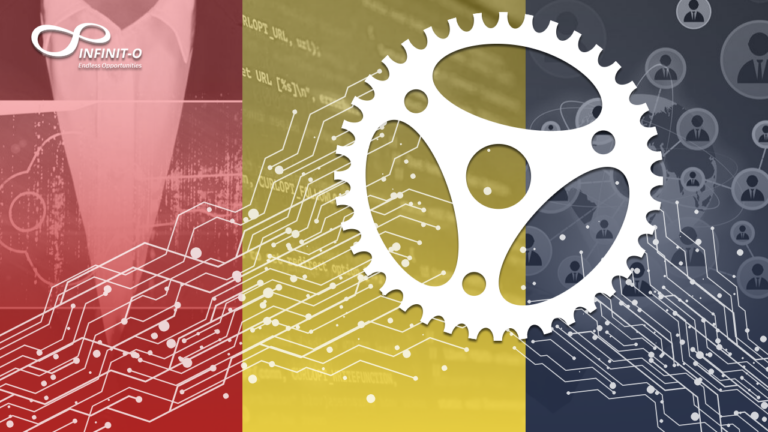The Consequences of Bad Healthcare Data

The way data, specifically patient healthcare data, is handled is vital to the operations of a risk-averse industry like healthcare. There is no room for trivial mistakes or mismanagement because healthcare decisions directly affect a person’s life.
Investing in sophisticated data management systems and skilled professionals is crucial to avoid massive repercussions that may put a patient’s life at risk. Poor-quality healthcare data systems can bring immeasurable consequences for healthcare businesses. It can lead to delays in diagnosis, misdiagnosis, patient misidentification, and more.
“Dirty data” is a real issue in healthcare, and it has severe ramifications in your sales, marketing, partnerships, and customer relationships.
When does patient data become “dirty?”
Patient data pertains to one’s medical record, detailing their medical history, medications they’re taking, past and current illnesses, treatment history, vitals, and more. This patient information is vital for healthcare specialists to make informed decisions about the patient—for example, how to address and manage their needs or what treatments or procedures should be done next.
This shows how integral clean records of patient data are for caregivers, patients, doctors, and healthcare organizations.
Patient data becomes “dirty” when the information in one’s record is inaccurate, inconsistent, insufficient, outdated, duplicated, or corrupted. Dirty data occurs due to many factors, including human error (i.e., misspellings) and outdated technologies, especially when multiple departments are involved in data entry.
“Dirty” or unclean patient information can lead to wasted resources and a failure in internal and external communications. Worse, dirty data can remain undetected for years.
What happens when you use poor-quality healthcare data?
Inefficient operations
Research shows that one out of five patients may not be matched entirely to electronic health records. When a healthcare staff types in a patient’s name coming in for a checkup and several names show up as results, it can confuse the team. They may have to either comb through the results to find the right one or create a new patient record.
This example of unclean data negatively impacts the efficiency of your healthcare operations. If the staff chooses to go through the records, it will eat up time. If they create another patient record, there will be a duplicate in the system. Having an outsourced team in charge of data collection, preparation, and provisioning can help your healthcare business maintain clean data as records stack up.
Lost revenue
The consequence of poor-quality data in healthcare can cause decreased revenue and profits. Statistics show that dirty data costs an average of 15% to 25% of revenue to businesses, and failure to address and clean dirty data can cost companies $100 per dirty record.

Your healthcare organization risks losing patients due to unsatisfactory service and customer experience. Moreover, your team may make wrong decisions if they have inaccurate data or don’t trust it. This is why many healthcare businesses outsource skilled professionals like medical coders to ensure proper management of sensitive data like patient records.
Non-compliance with healthcare and data privacy laws
Cyberattacks are not uncommon in the digital age. This is why there is a high standard for data privacy in healthcare. The Health Insurance Portability and Accountability Act (HIPAA) upholds the patient’s right to protect their data. Failure to take measures can result in a data breach and a hefty cost for businesses.
In recent years, some of the violations include the case of Advocate Health Care Network that was fined $5.5 million for unauthorized disclosure of roughly 4 million patient data due to theft. To avoid fines and safeguard patient data, it’s critical to stay updated with HIPAA and observe best practices for data security.
Outsourcing healthcare data management can also help institutions prioritize consistent and standardized data handling and security for optimum health record protection.
Puts patient health at risk
A huge concern surrounding poor-quality patient data is how incorrect or incomplete health information can impact coordinated clinical decision-making and be detrimental to the patient’s safety. For example, if patients have a duplicate or insufficient health record, they may receive unreliable treatment, improper care, and ineffective medications.
Data show that around 32% of organizations have duplicate records. Therefore, healthcare institutions must invest in technologies and business solutions like outsourcing to facilitate a more accurate and comprehensive health record to deliver better patient care.
Protect your most important business asset
The lack of action towards cleaning data comes at a hefty price. Dirty healthcare data can cost your business irreversible financial and reputational damage. One of the practical ways you can improve your data management practices is with the help of outsourcing.
Outsourcing with the right partner, specifically VC-backed healthcare tech organizations, can help you avoid such repercussions, for they champion accuracy and integrity in patient healthcare data analytics and management. Reputable healthcare data analytics and security outsourcing providers like Infinit-O promise operational excellence.
We are ISO 27001 and 9001 certified, GDPR, HIPAA, and DPA20212-compliant to guarantee data confidentiality and have a 67+ Net Promoter Score (2020) to ensure security and peace of mind. A high Net Promoter Score establishes a company’s track record in exceptional service and a high-performing team.
If you’re ready to reduce operational costs by up to 70%, get in touch with Infinit-O.
Start small. Exceed expectations. Think infinitely. Think Infinit-O.







This site is protected by reCAPTCHA and the Google Privacy Policy and Terms of Service apply.